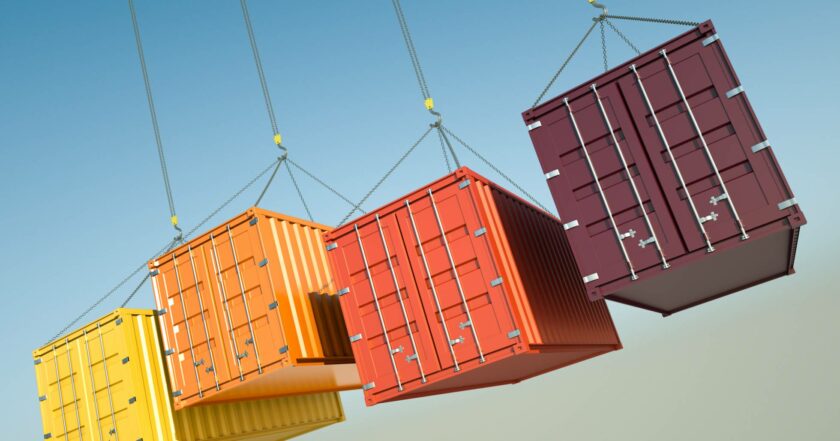European Parliament supports extension of tariff-free exports from Ukraine for another year

The European Parliament has voted to extend duty-free trade with Ukraine for an additional year to provide support to the Ukrainian economy during Russia's war.
Radio Svoboda correspondent Rikard Jozwiak reported on Twitter that at the plenary session on May 9, parliamentarians supported continuing tariff-free trade with Ukraine by 537 votes in favor, while 42 deputies voted against it and another 38 abstained.
The European Parliament has now voted in favour of prolonging tariff free trade with #Ukraine by another year. 537 for, 42 against, 38 abstained
— Rikard Jozwiak (@RikardJozwiak) May 9, 2023
Later, the press service of the European Parliament also published a confirming statement.
The suspension of tariffs applies to fruits and vegetables subject to the input price system and agricultural unprocessed and processed products subject to tariff quota restrictions.
the European Parliament's international trade committee has now voted in favour of the one year prolongation of tariff-free trade with #Ukraine. EU ambassadors might green light this tomorrow.
— Rikard Jozwiak (@RikardJozwiak) April 27, 2023
Tariffs for industrial goods came to a halt as early as January 1, 2023, under the terms of the Association Agreement.
In May 2022, the Council of the EU decided to cancel all tariffs and quotas on exports from Ukraine for a year as a support measure amid Russia's full-fledged invasion.
Since February of this year, the EU has launched the procedure to extend tariff-free trade with Ukraine for another year. First, there was a corresponding proposal from the European Commission, which the profile committee of the European Parliament and EU ambassadors later supported.
However, there have been issues with exporting agricultural products, as Ukraine's neighboring countries have expressed dissatisfaction with the impact on their markets and farmers.
Several countries have reported disruption in their domestic agricultural markets caused by Ukrainian agricultural products meant for transit to other countries but frequently ending up being consumed within the country of export. This affected farmers in five European countries.
It was recently announced that the European Commission has come to an agreement in principle with Poland, Bulgaria, Hungary, Romania, and Slovakia about the import of Ukrainian agricultural products. These countries had previously placed limitations on such imports.






















































